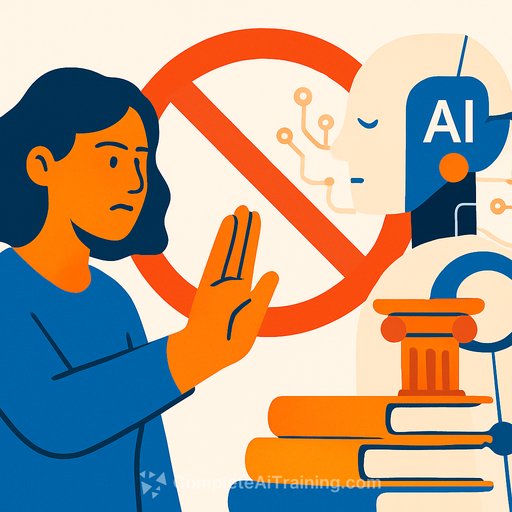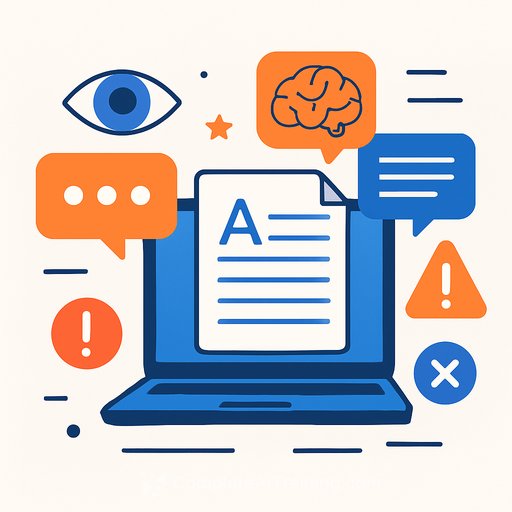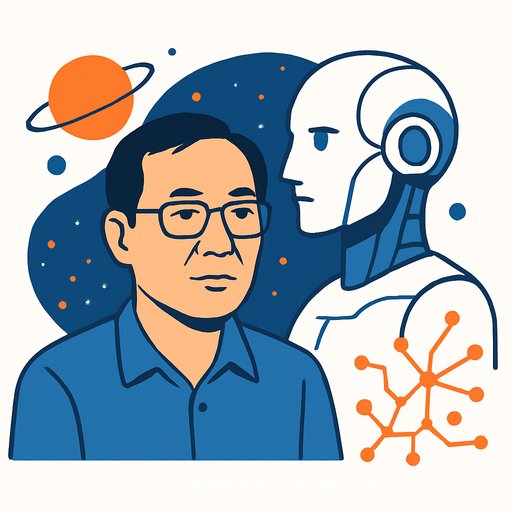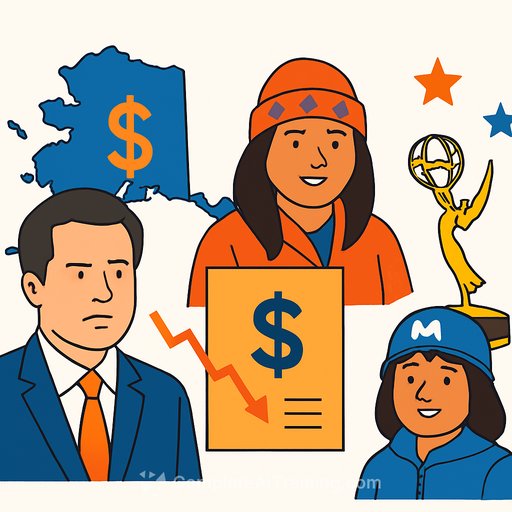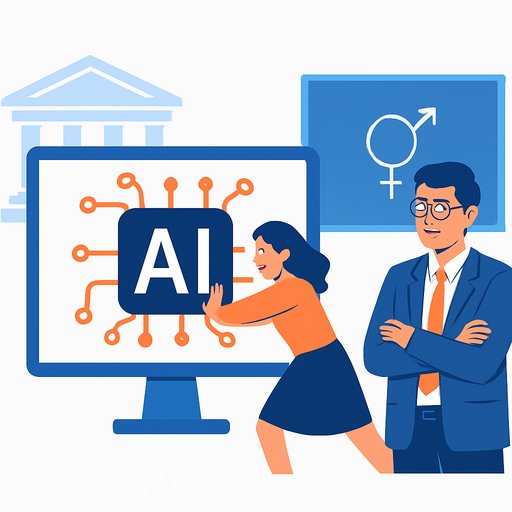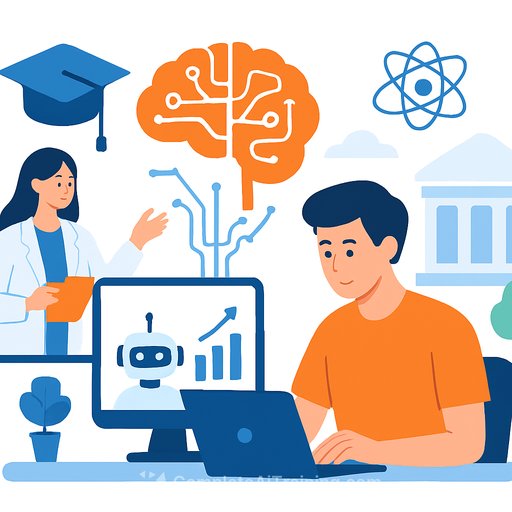AI Defeats the Purpose of a Humanities Education
Generative Artificial Intelligence (AI) should be banned from humanities courses. While digital tools like spellcheck and thesauruses assist us without replacing our own thinking, AI crosses a line. Unlike traditional tools, AI can rewrite sentences, suggest counterarguments, or restructure entire papers, effectively doing the thinking for students.
The core of humanities education isn’t about producing perfectly polished writing. It’s about learning to express original ideas and engaging in a deeply human activity. Even the roughest essay written without AI captures this process better than one shaped by an AI tool.
Across courses, policies on AI use vary. Some professors allow it with citation, others forbid it entirely, and some draw a line between acceptable and unacceptable uses. For example, using AI to identify flaws in an argument might be allowed, but using it to create the argument itself is not. Still, these allowances miss the point: humanities education is about learning how to think, read, and write independently, even if imperfectly.
In the past, improving writing meant engaging in intellectual conversations and developing self-critique skills without a constant AI assistant. Allowing generative AI in humanities classes discourages students from cultivating these skills and erodes the human element central to these fields. Humanities disciplines focus on exploring and communicating the human condition—something AI, lacking subjective experience, cannot grasp.
AI may save time editing, but collaborating with professors or peers keeps the work grounded in human experience. Viewing human assistance as a waste of time disconnects students from the very essence of humanities studies. Some argue banning AI won’t stop its use, but lowering standards for everyone benefits no one. Cheating isn’t accepted just because it happens; the same principle applies to AI.
Even if AI helps a student earn a better grade, they sacrifice the valuable experience that makes humanities education meaningful. As AI becomes more common, humanities must resist relying on it with even greater resolve. There is no academic benefit to permitting generative AI. Addressing concerns about grade inflation and attendance begins by tackling AI use head-on. Banning AI will strengthen the quality of humanities education.
The future of humanities may change, but it will always remain a fundamentally human pursuit.
Your membership also unlocks:

